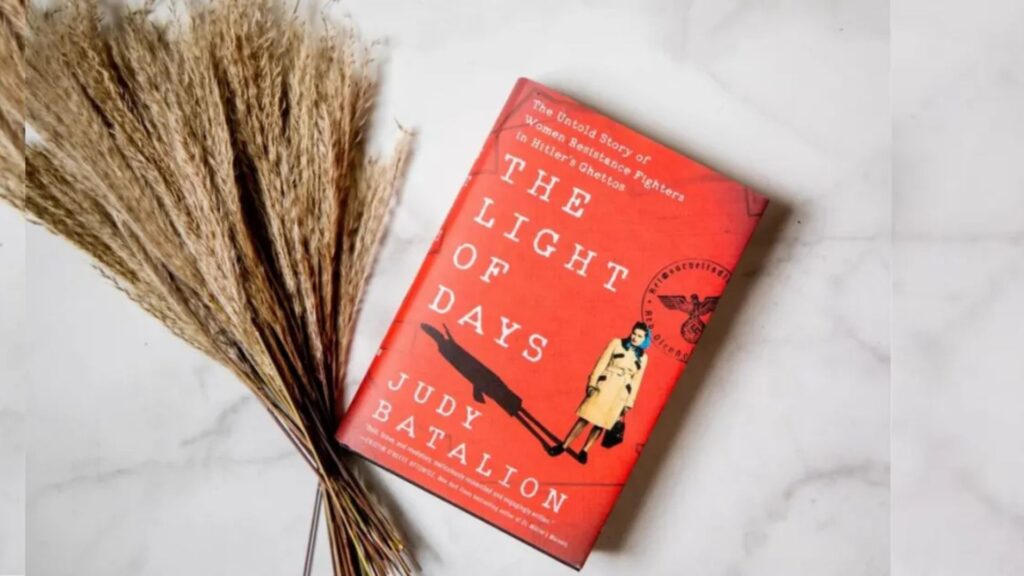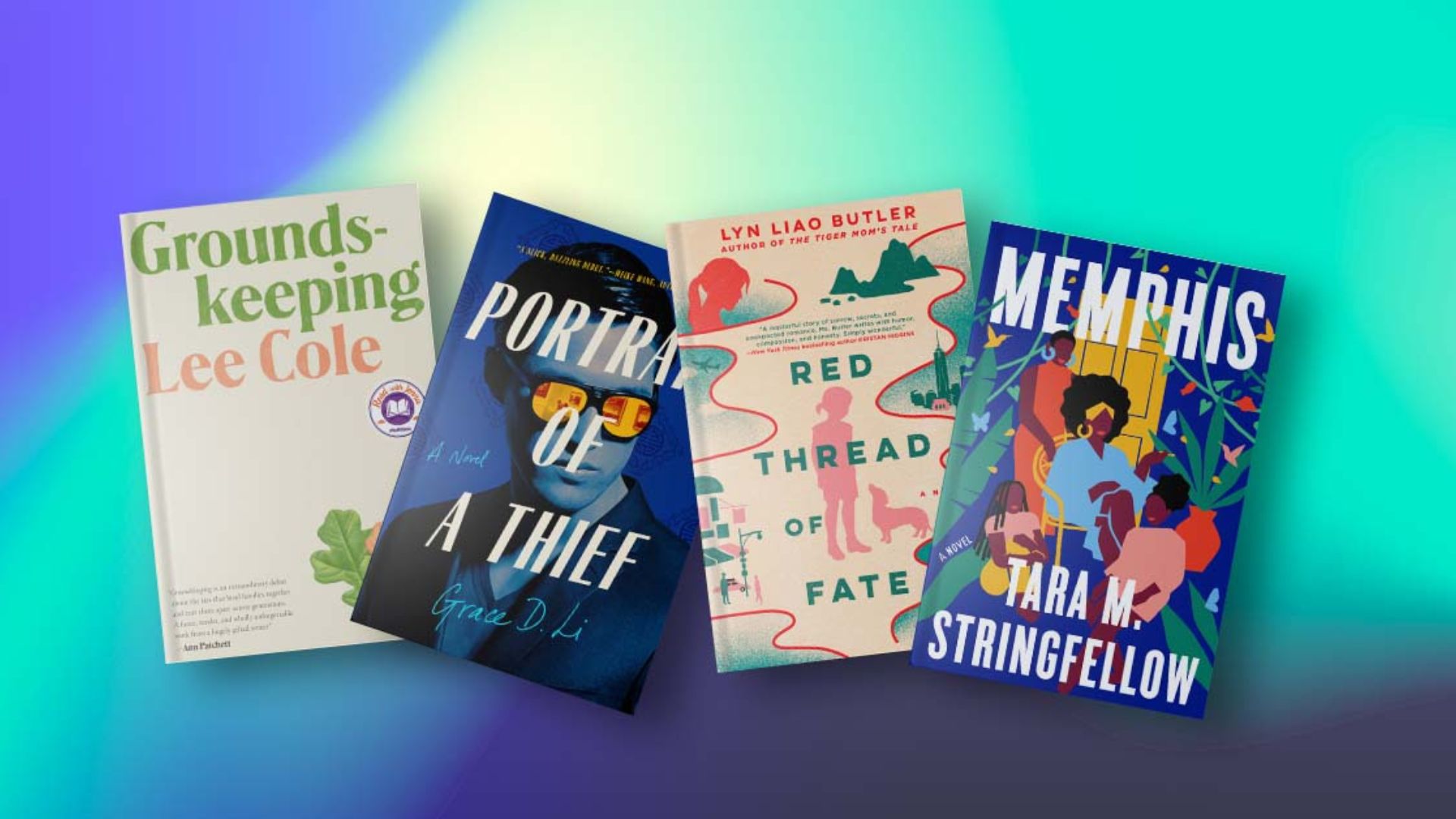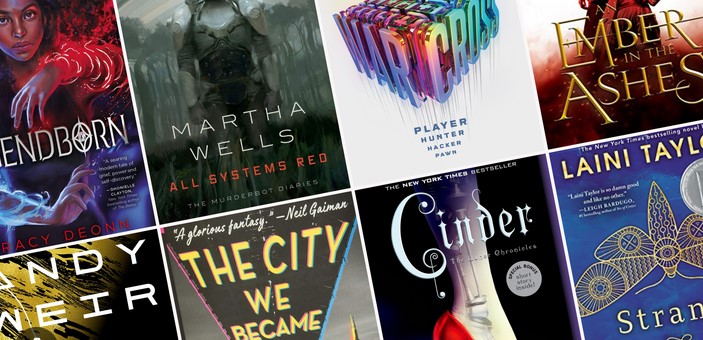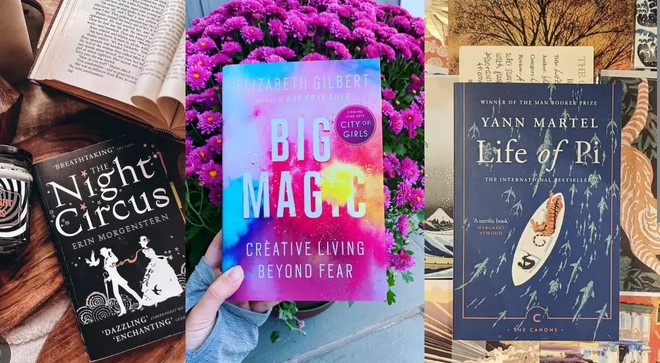When selecting a book for a book club, one of the most fundamental decisions is choosing between fiction and nonfiction. Both genres offer distinct benefits and challenges, and the choice often depends on the preferences of the group, the kind of discussion you want to have, and the overall reading experience you’re seeking. Whether you’re drawn to the imaginative world-building of fiction or the fact-based exploration of nonfiction, each genre has unique qualities that can foster meaningful discussions and expand your reading horizons. In this article, we’ll compare fiction and nonfiction in the context of book clubs, examining what makes each genre ideal for stimulating conversation and building a strong sense of community.

The Appeal of Fiction for Book Clubs
Fiction is often the default genre for many book clubs because it offers rich storytelling, compelling characters, and complex themes. Fictional works allow readers to escape into different worlds, explore new perspectives, and reflect on human nature in creative ways.
1.1. Emotionally Engaging Narratives
Fiction can stir deep emotional reactions, whether through an intense plot twist, an unexpected ending, or the moral dilemmas faced by characters. Many book club members enjoy discussing how a novel made them feel and why it resonated with them on an emotional level.
- Example: In a book club discussing a literary novel like The Night Circus by Erin Morgenstern, members can explore the emotional impact of the fantastical setting, the love story, and the moral conflicts between the main characters.
- Benefit: Fiction can spark passionate debates about characters’ actions, motivations, and the emotional arcs of the story, making for lively discussions.
1.2. Complex Themes and Social Issues
Fictional works often tackle complex themes such as identity, social justice, power dynamics, love, loss, and the human condition. These books allow book club members to reflect on how the story mirrors society or explores timeless questions.
- Example: A novel like The Handmaid’s Tale by Margaret Atwood brings up themes of power, gender, and freedom, which can lead to intense discussions about real-world issues and ethical dilemmas.
- Benefit: Fiction’s ability to address societal issues through storytelling makes it an excellent medium for group reflection and analysis. These conversations can be both thought-provoking and highly relevant.
The Appeal of Nonfiction for Book Clubs
Nonfiction, on the other hand, is rooted, reality, and information. From memoirs to historical accounts to self-help and scientific explorations, nonfiction books offer an entirely different experience. They allow readers to engage with real-life events, people, and ideas, often challenging readers to reconsider their worldview or deepen their understanding of the world around them.
2.1. Factual and Educational Value
Nonfiction books can provide immense educational value, especially when discussing biographies, history, or true crime. They can expand knowledge on a wide range of topics, making them a great option for intellectually stimulating book club meetings.
- Example: Books like Sapiens: A Brief History of Humankind by Yuval Noah Harari offer profound insights into history, evolution, and the development of human societies, making for enriching discussions about how the past shapes the present.
- Benefit: Nonfiction fosters intellectual growth, allowing book clubs to engage in deep discussions about factual events and ideas.
2.2. Real-World Relevance
Nonfiction often delves into timely, real-world topics, including current events, social justice, and psychological well-being. These books can provide immediate relevance to members’ lives, making the discussion feel more urgent and impactful.
- Example: Becoming by Michelle Obama or The Immortal Life of Henrietta Lacks by Rebecca Skloot both explore issues of race, identity, and medical ethics—topics that resonate with many people today.
- Benefit: Nonfiction offers a platform for exploring issues directly tied to our contemporary world, making it highly relevant and meaningful for many readers.
2.3. Personal Growth and Self-Improvement
Self-help books, memoirs, and books about psychology or mindfulness are often geared toward personal growth. For book clubs focused on individual development, nonfiction can provide tools for improving mental health, relationships, and overall well-being.
- Example: Books like Atomic Habits by James Clear or The Subtle Art of Not Giving a Fck* by Mark Manson can stimulate discussion on habits, personal motivation, and self-reflection.
- Benefit: Nonfiction can help members apply the lessons learned to their personal lives, making the book club discussions more relatable and practical.
Conclusion
Both fiction and nonfiction have their unique merits when it comes to book clubs. Fiction offers emotional engagement, rich storytelling, and imaginative worlds that can spark deep, creative discussions. Nonfiction, on the other hand, offers valuable knowledge, personal growth, and a connection to real-world issues that can lead to meaningful, practical conversations.
Ultimately, the best choice depends on the interests and goals of your book club. Whether you’re looking for intellectual stimulation, emotional depth, or a mixture of both, both genres can create thought-provoking, enriching discussions that bring members together and make the reading experience even more rewarding.










